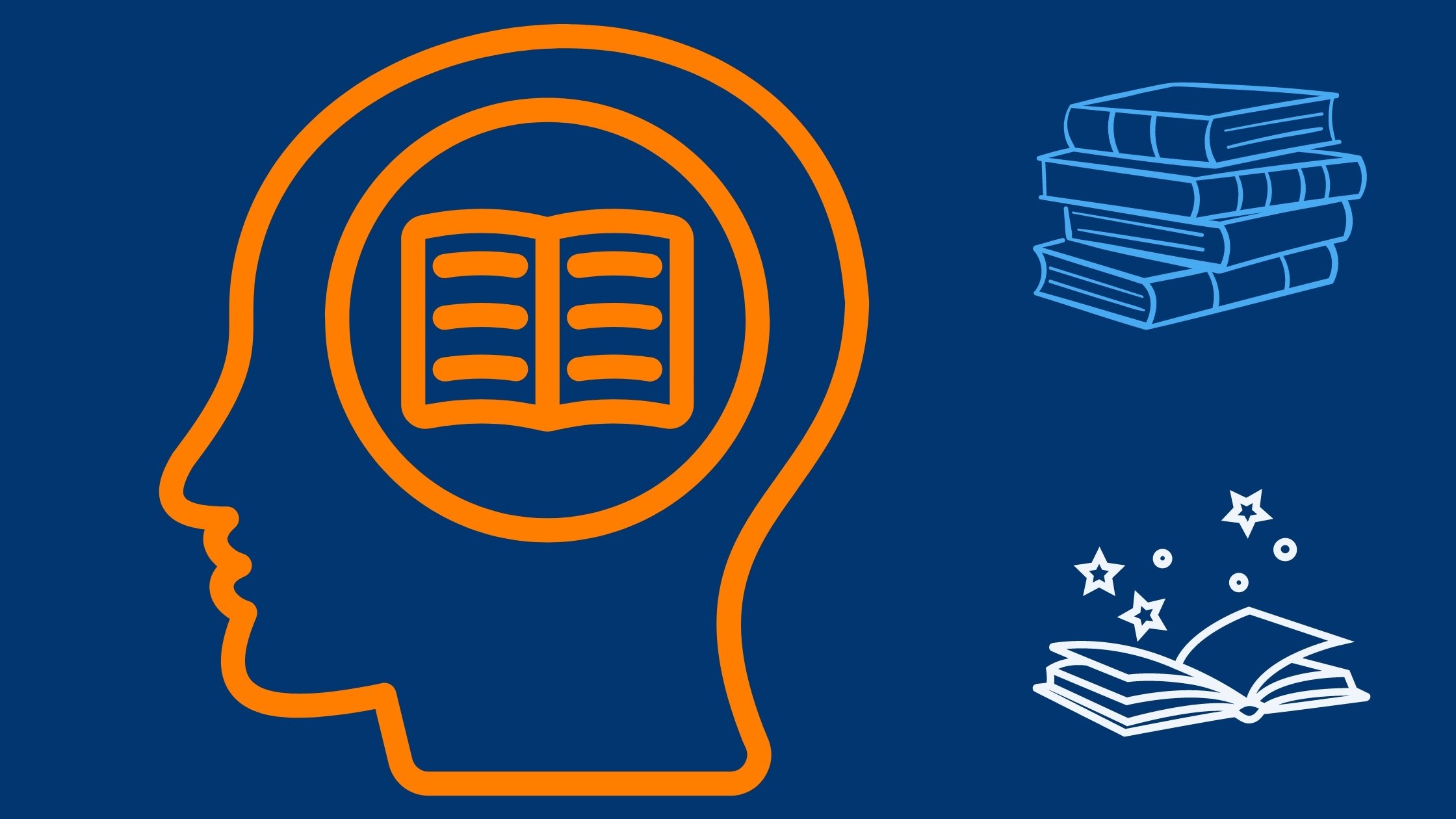Do we ever really listen anymore? Truly, deeply, connected listening? Not listening while doomscrolling, not while the TV is on or music is playing, not while multitasking, but being totally and fully present for the person you are communicating with? We seem to have lost the art of listening (an aptly named book by Michael Nicols). Even I’m guilty of not being a good listener sometimes, despite knowing how crucial listening skills are for healthy relationships.
Why Listening Skills Matter
Why are listening skills so important? They are a crucial part of communication, as poor listening skills can lead to misunderstandings, a lack of connection, conflicts, and more. Yet, we often neglect them, spending much of our time distracted or focused on when it’s our turn to speak. Distractions can come in many forms—like our phones, TV, music, or more internal distractions like emotions or physical discomfort.
The Power of Empathetic Listening
Listening from a place of empathy is crucial, yet often overlooked. Emotional Intelligence has become a buzzword over the past decade, but it’s vital to how we interact with each other, especially through empathetic listening skills.
Empathetic listening isn’t just about hearing words but also about noticing nonverbal cues such as tone, body language, and facial expressions. I personally struggle with reading facial expressions because eye contact can be overwhelming while my brain is processing the conversation. So if you’re ever talking with me in person, don’t misinterpret my lack of eye contact—I’m paying full attention to you while keeping my brain from becoming overwhelmed.
Practical Tips
Empathetic listening also involves asking clarifying questions and summarizing what your communication partner has said—this helps them feel heard and understood, and it helps both of you clear up any misunderstandings. Bradberry discusses empathetic listening in Emotional Intelligence 2.0 and suggests the following practices:
- Active Listening: Give your full attention—no interruptions, no distractions.
- Reflective Responses: Paraphrase and ensure you both understand each other.
- Non-Judgemental Attitude: Let the other person fully express themselves before weighing in.
- Emotional Validation: Acknowledge the other person’s feelings and emotions.
Mindful Communication Techniques
Chapman adds a few additional tips in The Five Keys to Mindful Communication:
- Silence: Practice internal silence through meditation and be silent while the other person is speaking to be fully present.
- Mirroring: Reflect what you’ve heard and mirror the other person’s movements and body language to show attention and connection.
- Encouragement: Support the other person through active listening, openness, and validation.
- Curiosity: Use a child-like sense of wonder to remain open-minded, fostering more authentic and meaningful conversations.
The Strength in Listening
Even Covey touches on listening skills in The 7 Habits of Highly Effective People: “To relate effectively with a wife, a husband, children, friends, or working associates, we must learn to listen. And this requires emotional strength. Listening involves patience, openness, and the desire to understand—highly developed qualities of character.”
A Skill Worth Developing
None of these tips are “easy.” They all take work and practice. But they are so worth it in the end. I look at it as how I would want the other person to engage with me during a conversation and ensure I work at giving back to them what I would like.
Ponder This
- When was the last time you truly listened to someone without distractions? How did it feel?
- How might your relationships improve if you practiced empathetic listening more consistently?
- What distractions do you find most challenging to overcome when trying to listen attentively?
Books
- The 7 Habits of Highly Effective People - Stephen Covey
- Emotional Intelligence - Daniel Goleman
- Emotional Intelligence 2.0 - Travis Bradberry
- The Lost Art of Listening - Michael Nicols
- The Five Keys to Mindful Communication - Susan Gillis Chapman


Comments